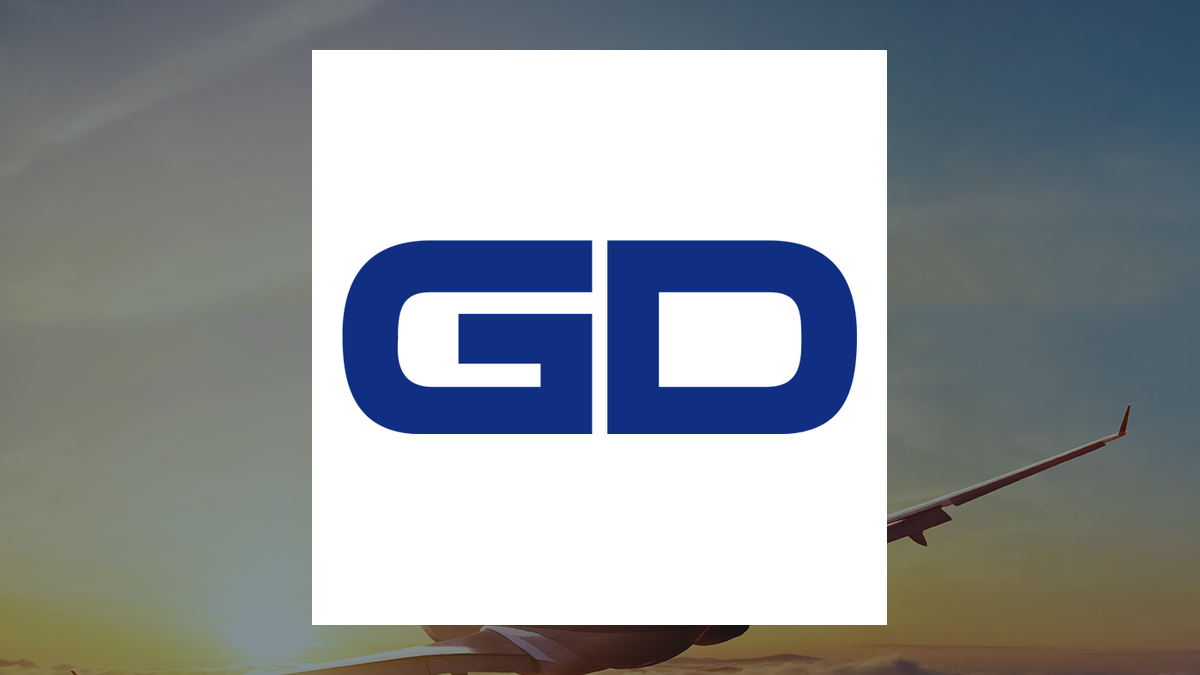 General Dynamics, a global aerospace and defense company, reported successful FAA certification for their G700 aircraft, with deliveries expected to start in the second quarter of 2024. The company’s capital deployment strategy prioritizes investments in long-term growth, dividends, acquisitions, and share repurchases. Cash balance decreased to $1 billion in Q1 2024, but the company believes it can meet liquidity needs through operating cash flow and potential debt issuances. The focus on market conditions and agility in capital deployment reflects their commitment to sustainable growth and competitiveness.
General Dynamics, a global aerospace and defense company, reported successful FAA certification for their G700 aircraft, with deliveries expected to start in the second quarter of 2024. The company’s capital deployment strategy prioritizes investments in long-term growth, dividends, acquisitions, and share repurchases. Cash balance decreased to $1 billion in Q1 2024, but the company believes it can meet liquidity needs through operating cash flow and potential debt issuances. The focus on market conditions and agility in capital deployment reflects their commitment to sustainable growth and competitiveness.
Executive Summary
Financials
Revenue growth has been increasing over the past three years, with ship construction, weapons systems, munitions, and aircraft manufacturing driving this trend. Additional maintenance work and higher volume of engineering and repair services have also contributed to the growth in revenue. Operating costs decreased from $46 in Q1 2023 to $28 in Q1 2024, primarily due to lower corporate expenses. There were no significant changes in cost structures mentioned in the provided information. The company’s net income margin is 13.4% and 14.0% in the current and previous periods, respectively. It has improved. Comparison to industry peers is not provided in the context information.
Management Discussion and Analysis
Management has focused on capital deployment in product investments, dividends, acquisitions, and share repurchases. Cash generation and debt issuance are key for liquidity. The $1B cash balance in Q1 2024 reflects these strategies. The success of these initiatives is not explicitly mentioned. Management assesses the company’s competitive position by evaluating capital deployment options based on market conditions. They prioritize investments in products, dividends, acquisitions, and share repurchases. Market trends highlighted include changing customer demand, economic conditions, energy prices, COVID-19, legal proceedings, cybersecurity events, and risks related to acquisitions. The major risks and challenges identified by management include changing customer demand, economic conditions, energy prices, COVID-19 impact, legal/regulatory proceedings, cybersecurity events, and acquisition uncertainties. Mitigation strategies include monitoring market trends, diversifying offerings, enhancing cybersecurity measures, and conducting thorough due diligence for acquisitions.
Key Performance Indicators (KPIs)
Risk Assessment
Changing customer demand for business aircraft, economic conditions, prices for energy and raw materials, impacts of COVID-19, legal proceedings, government audits, cybersecurity events, risks from acquisitions and joint ventures all pose risks to company operations and financial performance. GD assesses and manages cybersecurity risks through proactive measures, including monitoring for cybersecurity events and disruptions. With a focus on safeguarding data and systems, they address potential cybersecurity threats to ensure operational continuity in the digital business environment. GD does not expect its aggregate liability from environmental matters and other contingencies to have a material impact on its financials. These issues are being managed through disclosure in the unaudited Consolidated Financial Statements.
Corporate Governance and Sustainability
The board of directors is led by General Dynamics Corporation. There have been no notable changes in leadership or independence mentioned in the report. The company’s governance practices prioritize diversity and inclusion in its workforce. There is a commitment to board diversity, as reflected in the management contract filed. GD discloses environmental matters in its financial report, emphasizing responsible business practices. It focuses on long-term growth, dividends, acquisitions, and share repurchases, showcasing commitment to sustainability.
Forward Guidance
The company’s forward-looking guidance focuses on agility in capital deployment, prioritizing long-term growth, dividends, acquisitions, and share repurchases. It aims to address these strategic initiatives and priorities outlined in the annual report through careful evaluation of market conditions and capital sources. GD is factoring in general U.S. and international political and economic conditions, as well as changes in government defense spending. They plan to capitalize on these trends by adjusting their capital deployment strategy and focusing on long-term growth opportunities. Yes, the company’s capital deployment priorities include investments in products and services to drive long-term growth, indicating a commitment to competitiveness.
For more information:
This article was created using artificial intelligence technology from Klickanalytics.
